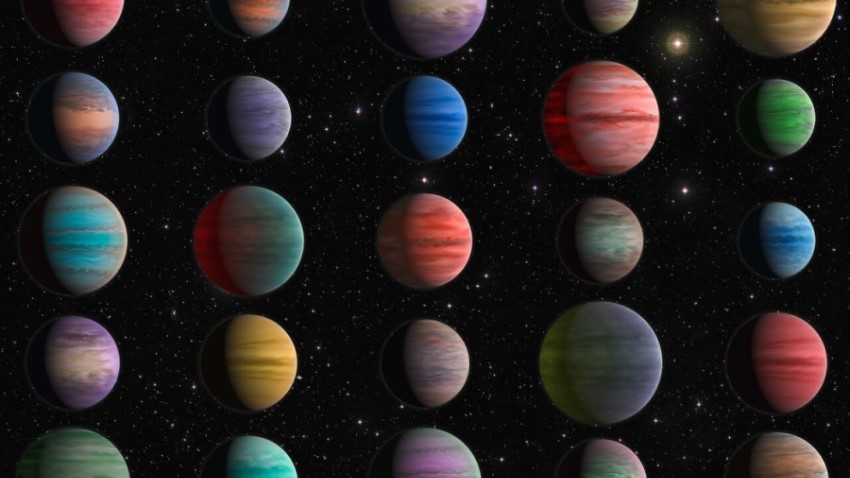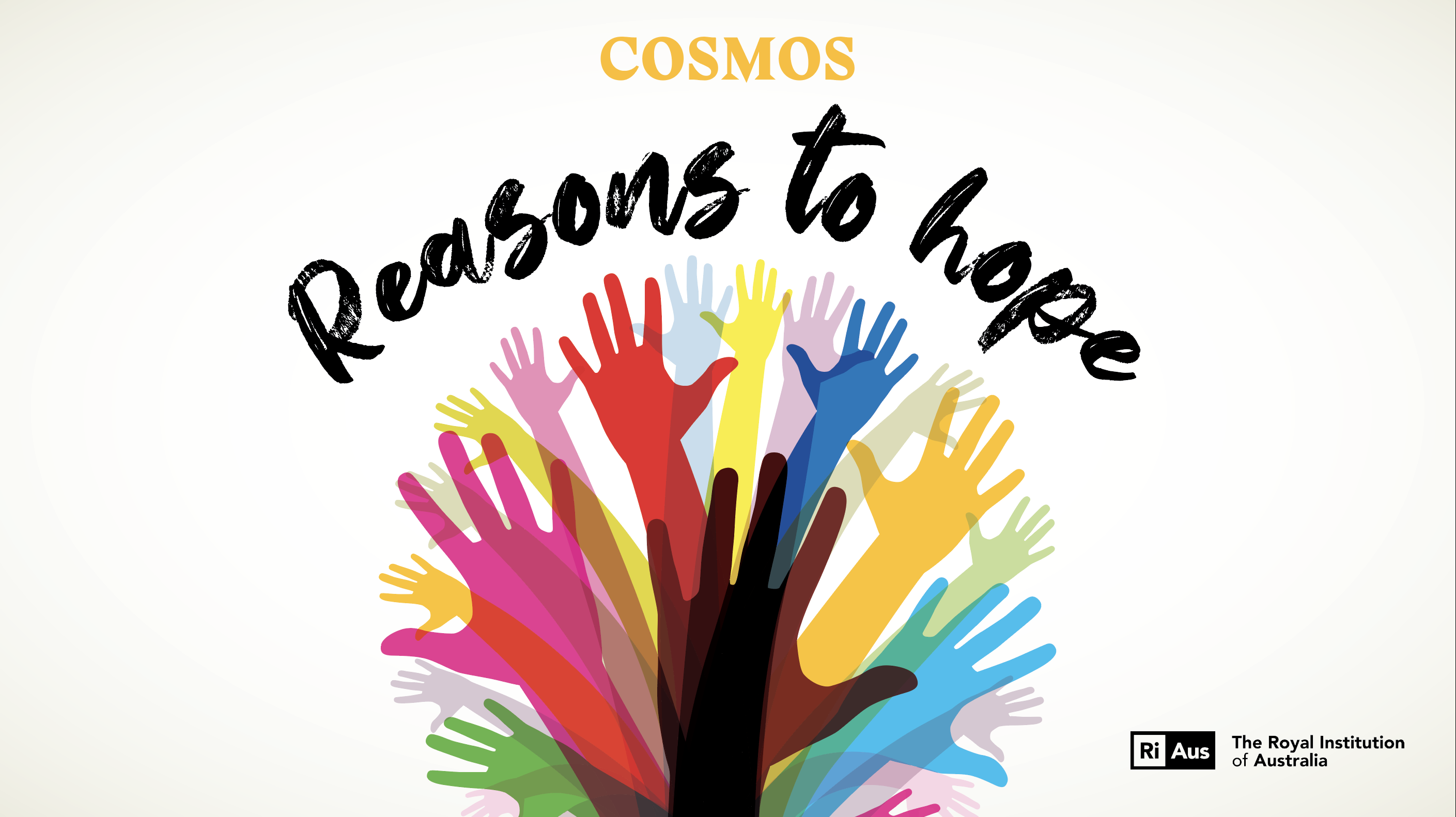Astronomers are counting and analysing the planets beyond our Solar System – and their atmospheres.
An exoplanet is a planet outside of our Solar System. While the first possible exoplanet observation was recorded in 1917, the existence of exoplanets was not confirmed until 1992. Originally published by Cosmos read the full article here.
The student activity is provided by Praxical, an open learning platform created by UNSW. Praxical workshops provide the opportunity for hands-on engagement for students to work with tools and data for exploring exoplanets that are used by leading scientific institutions across Australia.
The workshop is designed for Year 5, 7 and 10 Earth and Space students who are learning about other planets and their suitability for life. This resource could also be used with Secondary students who have an interest in space exploration and will demonstrate careers in this field and the work being carried out.
This workshop can be completed in its entirety or in individual parts. The workshop consists of 4 self-contained modules, that are stand alone, but also build upon each other in complexity. Module 3. Finding and testing exoplanets links directly to the cosmos article based on recent NASA research.

Praxical Workshop –Exploring Habitable Worlds
Praxical workshops offer scaffolded instructions, meaning that it offers a range of different instructions to suit individual learning styles. From providing simple tasks (if you like to figure out how to do it on your own) to instructional videos and step by step written instructions, this course will give everything you need to complete the activity.
Exploring Habitable Worlds: What’s involved?
Video length: 00:44 mins
In this workshop, students will:
- learn what tools scientists use when looking for alien worlds.
- use a NASA JPL planet simulator to explore how planet and star characteristics affect the planetary conditions needed for life.
- explore planets that break these rules, and how scientists search for “life as we don’t know it”.
- use Project-Based Learning (PBL) to experience first-hand the rigour of the scientific process, analysing their own data and creating their own scientific conclusions by engaging in the scientific method.
Course Length: approx. 1 hour
With thanks to Praxical.
You can continue this workshop here for free, just log in below, or you can use the interactive resource provided here by Praxical.
Login or Sign up for FREE to access the full educational resource




